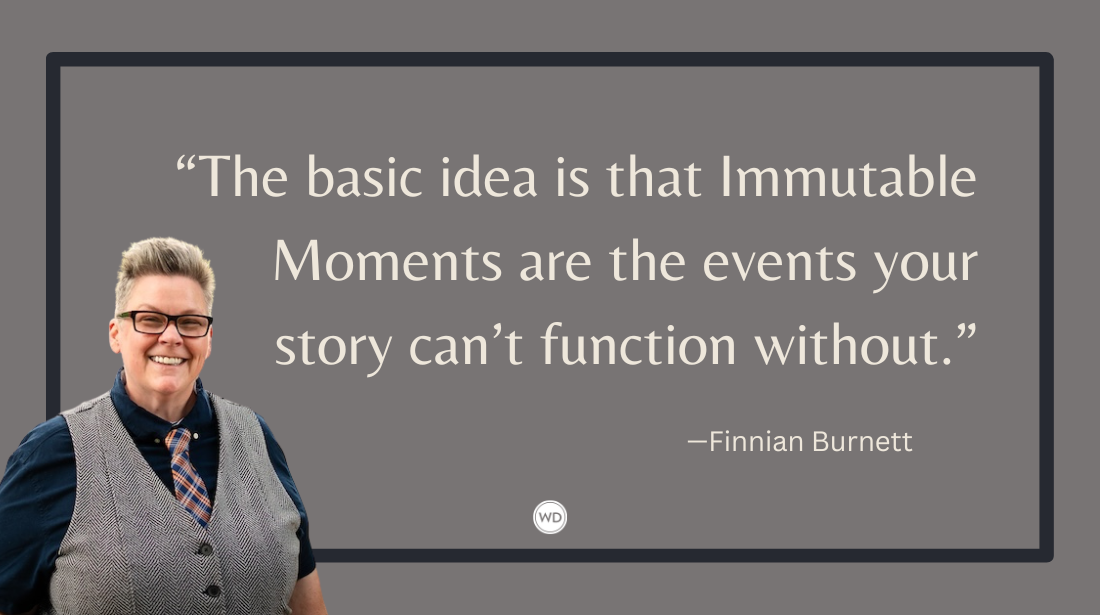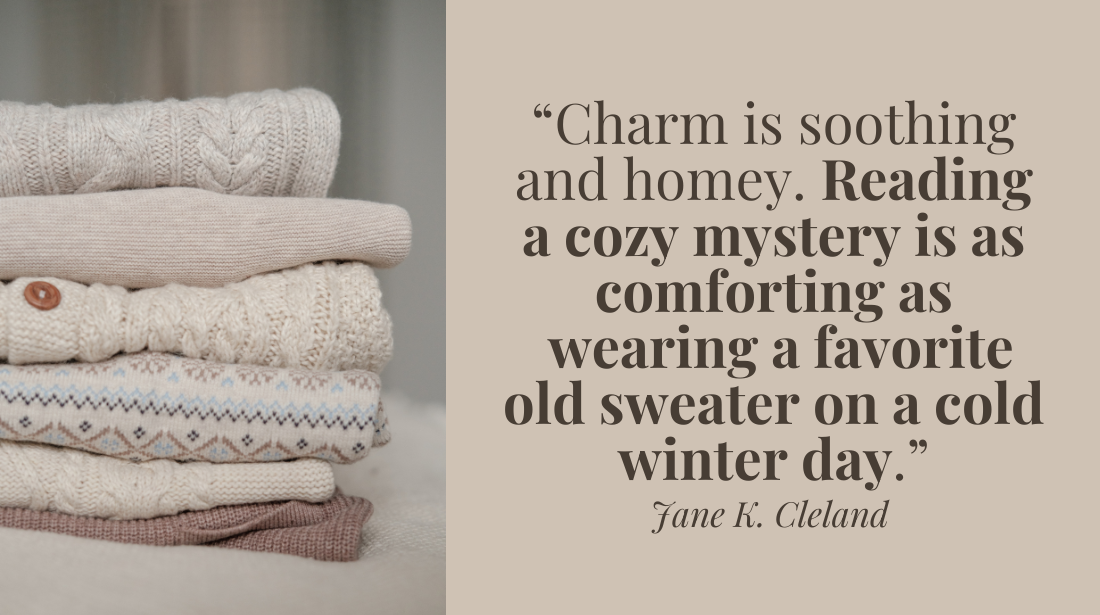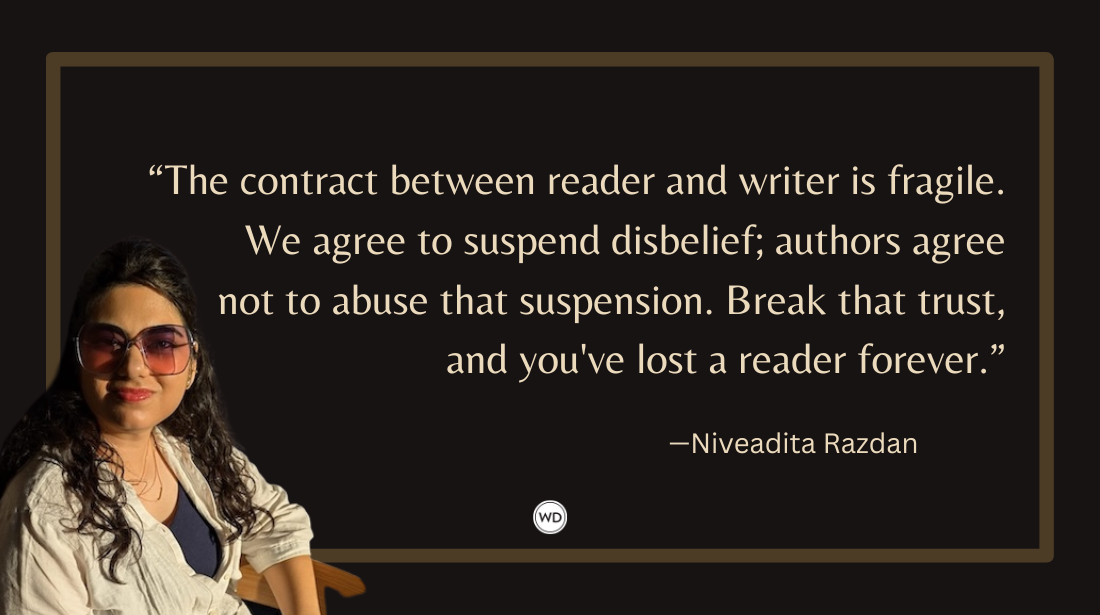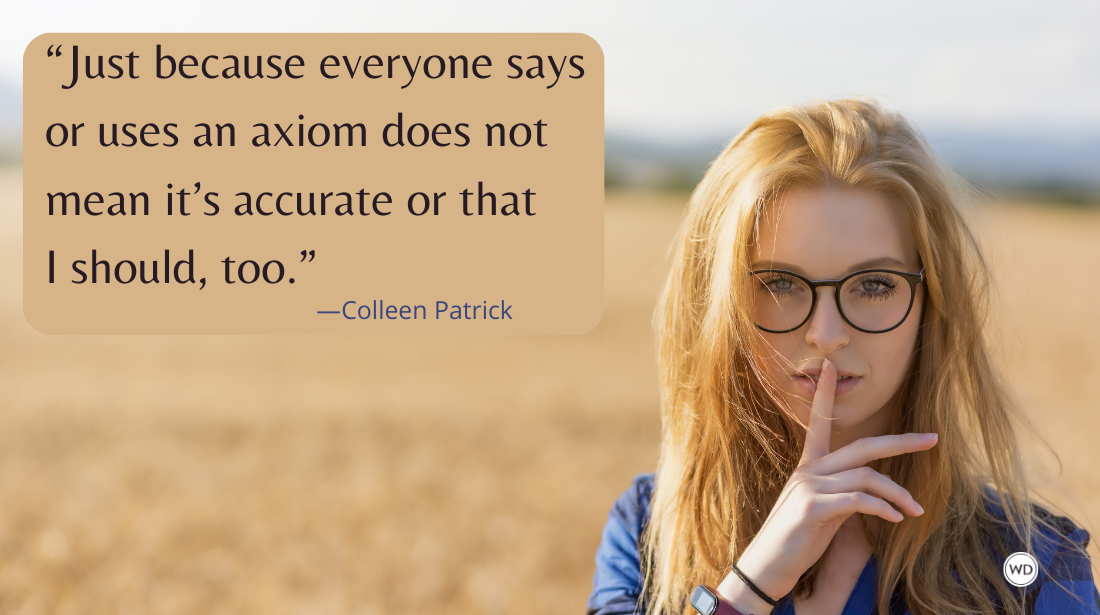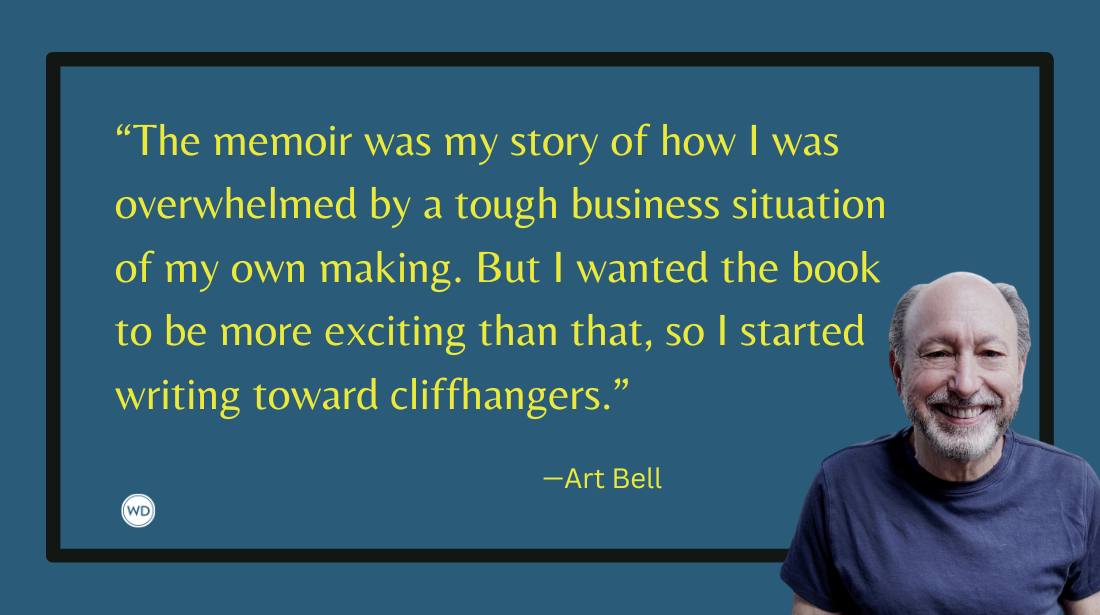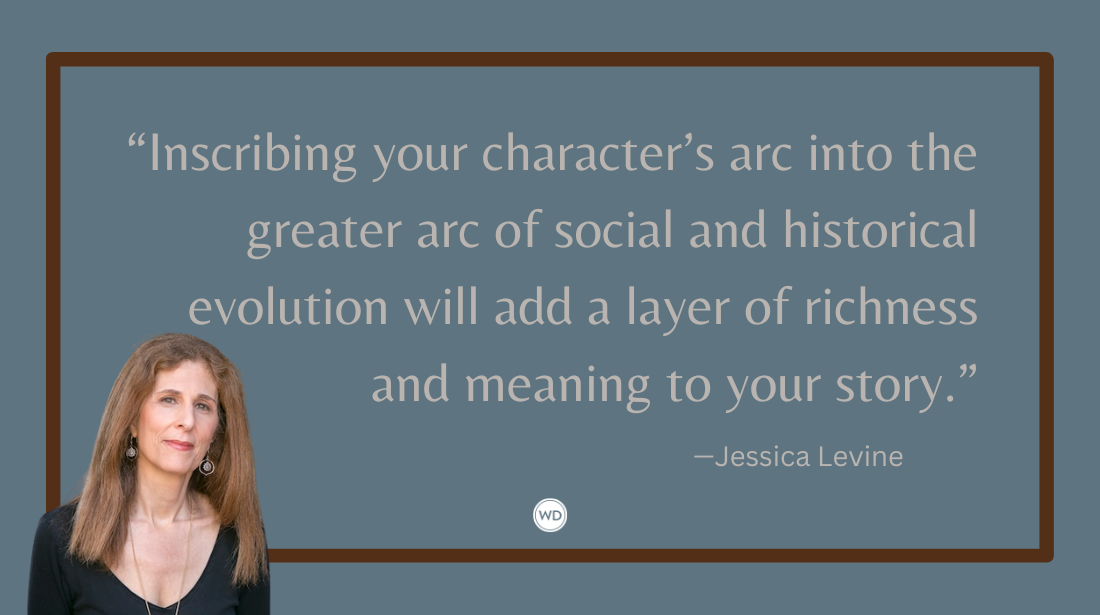Why I Write Jewish Historical Fiction
Novelist Michelle Cameron explain why she’s driven to write Jewish historical fiction and why it’s not about the Holocaust.
I never set out to write Jewish historical fiction. I was brought up in a secular household and, until my family moved to Israel when I was 15, my Jewish roots remained incidental at best.
But I did of course notice that the books I loved – particularly Regency and Victorian literature – didn’t treat the Jews well at all. With rare exceptions – George Eliot’s Daniel Deronda and Sir Walter Scott’s Ivanhoe come immediately to mind – there was no sympathy for the Jewish character. Even Georgette Heyer, the historical romance novelist I loved the most, portrayed Jews as villainous money lenders. There is a searing scene in The Grand Sophie where the heroine bests the sniveling, stereotypical Jewish money lender through her pluck and determination. Not a fun passage for any Jewish reader to read.
Still, it wasn’t what I set out to write. The books I admired with Jewish protagonists were either Biblical – The Red Tent and that ilk – or contemporary, such as the novels of Chaim Potok. When I wrote, as I did in my high school yearbook, that I wanted to become a historical novelist, I wasn’t thinking Jewish. In fact, my first published work was a verse novel set in the Globe Theatre during Shakespeare’s time. Since I never mentioned The Merchant of Venice, In the Shadow of the Globe contained no Jewish references whatsoever.
I believe strongly that my stories find me, not the other way around, and that was certainly the case with The Fruit of Her Hands. I was leafing through a family genealogy chart, compiled by a distant cousin, when I stumbled across a description of the life of my 12th-century rabbi ancestor, Meir of Rothenberg. His story called to me and the resulting novel entered me into the ranks of Jewish historical novelists.
There were not that many of us out there at the time. Happily, this isn’t as true now. I recently took part in one of the Jewish Book Council’s author pitch sessions, in which I was given two whole minutes to present my novel (online this year, of course) to the roughly 120 member organizations across North America. In preparation for the event, I took the time to cull some statistics from the JBC’s 2020 catalogue. I counted 233 total books – fiction, nonfiction, and children’s – of which 34 were categorized as historical novels. Sixteen of these were set during or immediately following World War II, dealing with the Holocaust and its aftermath. The other 18, including my own, ranged through the rest of Jewish history.
I also posted on a couple of Jewish Facebook forums, asking my fellow authors why they write Jewish historical fiction. Being the Jane Austen fan that I am, I was entranced by this response by Mirta Ines Trupp: “Alas, it is a truth universally acknowledged that there are few Jewish characters of worth in historical novels.” Zeeva Bukai echoed that sentiment: “I love the connection between past and present, and the way Jewish identity has remained, but has also altered, shaped by history and events. And I think it's important to see us represented on the page.”
Remembering how the young reader in me was shocked and dismayed by the portrayal of Jews in the books I loved, I wholeheartedly agree: it is important to not only see us represented on the page, but also not portrayed as stereotypes. And once I started writing about the lives of Jews during the Middle Ages, a period not well known, it became a way to reach out, to let people – both Jews and Gentiles – learn more about our history. So many of my readers told me that they had no idea before reading my novel how antisemitism gained strength during the Middle Ages. My current novel, Beyond the Ghetto Gates, is also set in unfamiliar territory, that of the Jewish emancipation from the ghettos in Italy, performed by none other than a young General Bonaparte. Napoleon and the Jews? Who knew?
Another Facebook response resonated with me, this one by Naomi Blass: “Because readers need Jewish fiction that isn’t centered on the Holocaust.” With sincere respect to those writers who give voice to that unforgivable tragedy, I could never write about it myself. Having lost half my mother’s family to its horrors, the Holocaust strikes too close to home. Everything I write about my people is embodied with the sense of “this is my story.” I simply could not face the nightmare of that era for the several years it would take to write a novel set then and there.
I write Jewish historical fiction from a deep sense of my people’s history and culture. Having lived in Israel during high school and university, I have a distinct advantage over other American Jewish authors who attended secular schools: the Israeli curriculum calls for a deep dive into Jewish history, beginning from Biblical times to present day. I will be forever grateful to my high school principal, Dr. Erwin Birnbaum, who brought all those moments of our history to vibrant life.
The fact that I’m not religious bewilders some readers. But the themes in Jewish history that call to me – particularly the tug-of-war between assimilation and maintaining religious tradition, the antisemitism that touches us all, religious or not – distinctly qualify me to tell these stories. And the eras I’ve explored, from the medieval advent of antisemitism to the ideas of the Enlightenment giving the Jews of France and Italy revolutionary new choices, are clearly reflected in our modern lives. One more Facebook response, by Janice Weizman, encapsulates my own feelings about the question brilliantly: “Jewish historical fiction offers writers an amazingly rich resource from which to draw on a seemingly endless range of issues, settings, and dilemmas, all of which resonate with each other, and with our lives as Jews today. The tension between the individual and community, modernism and tradition, faith and skepticism, as well as timeless moral questions, make for narrative potential that feels urgent and relevant.”
So why do I write Jewish historical fiction? These are the stories of my people. My culture. My history. Their issues are the issues I still personally grapple with today. In this era of #ownvoices, I cannot think of anything more important for me to write.
Order your copy of Beyond the Ghetto Gates
[WD uses affiliate links.]
Michelle Cameron is the author of Jewish historical fiction, with her most recent being Napoleon’s Mirage, the sequel to Beyond the Ghetto Gates. Previous work includes Babylon: A Novel of Jewish Captivity, a finalist in religious fiction in the 2024 Next Generation Indie Book Awards, the award-winning Beyond the Ghetto Gates and The Fruit of Her Hands: the story of Shira of Ashkenaz. Michelle is a director of The Writers Circle, a NJ-based creative writing program serving children, teens, and adults. She lives in Chatham, NJ, with her husband and has two grown sons of whom she is inordinately proud.



